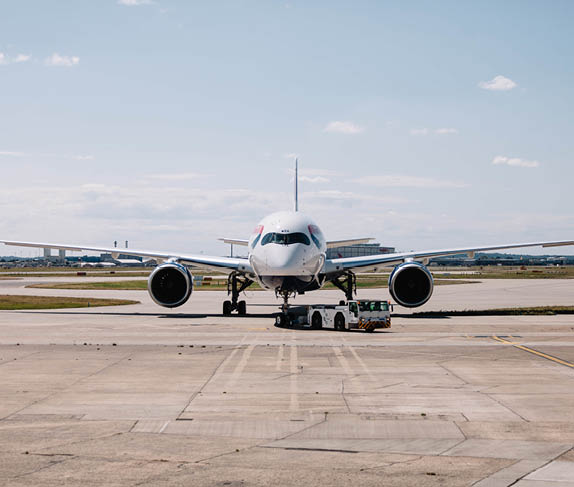The European Commission Wise Persons Group on European Air Traffic Control has published 10 recommendations to reform air traffic control that aim to reduce increasing delays to consumers by taking a central network management approach under Eurocontrol and implementing capacity contracts with national ATC providers.
The recommendations, which are set out below, have been welcomed and supported by Ryanair, which has suffered losses due to ATC delays.
Europe suffered 19.1 million minutes of ATC delays in 2018 (+105% on 2017), of which 60% were caused by ATC staff shortages and 15% due to ATC strikes. Eurocontrol estimates delays to double again in 2019 to 38 million minutes if no action is taken. These recommendations offer some hope of ending the chaos of European ATC delays, said Ryanair in a release.
Ryanair is calling on the European Commission and National Governments to quickly confirm a set of new regulations to implement the recommendations published today.
The low-cost airline described the Single Market in aviation as the “best thing the EU has done for its citizens but aviation will go backwards unless ATC is reformed. Airlines are doing everything possible to protect their passengers from another year of record delays and cancellations due to the ATC crisis in Europe”.
Ryanair’s Chief Operations Officer, Peter Bellew said: “We look forward to the European Commission immediately implementing these practical recommendations. European ATC staffing is in crisis. Consumers have suffered a 30% increase in ATC delays in the first quarter of 2019. The current ATC system in Europe is broken. Europe needs to take real control of its airspace which is split across national boundaries. The time to act is now to end the ATC crisis.“
European Commission Wise Persons Group on European Air Traffic Control Recommendations for a network-centric approach
Recommendation 1: Confirm and strengthen EUROCONTROL’s Network Manager (NM) role by providing it with the necessary executive powers to manage the ATM network, including by managing European capacity and infrastructure based on standardised technology, while ensuring a clear division of responsibilities between the NM and ANSPs.
Recommendation 2: Fully integrate airports into the network on the basis of linking the Network Operations Plan (NOP) and Airport Operation Plans (AOP), using extensive collaborative decision making (CDM).
IMPLEMENTATION OF A DIGITAL EUROPEAN SKY (DES)
Recommendation 3: Implement a Digital European Sky based on an agreed roadmap building on the recommendations described in the AAS, managed by the infrastructure manager, ensuring resilience of the system.
Recommendation 4: Create a new market for ATM data service providers as recommended by AAS.
Recommendation 5: Use the performance and charging scheme to support the digitalisation of air traffic services, and public funding to support deployment only where necessary from a network perspective.
EVOLVING ROLE FOR PEOPLE DELIVERING THE ATM SERVICES
Recommendation 6: Facilitate the transition towards the Digital European Sky by reviewing current licensing and training requirements for ATCOs, with full involvement of staff representatives.
SIMPLIFYING THE REGULATORY FRAMEWORK
Recommendation 7: Simplify and strengthen economic regulation, while relying on a market-driven approach wherever possible.
Recommendation 8: Establish a strong, independent and technically competent economic regulator at European level.
Recommendation 9: Establish a Seamless European (Upper) Airspace System including a common route charge.
Recommendation 10: Encourage airports to procure tower services through competitive tender or contract, where operationally feasible and positively impacting users.

